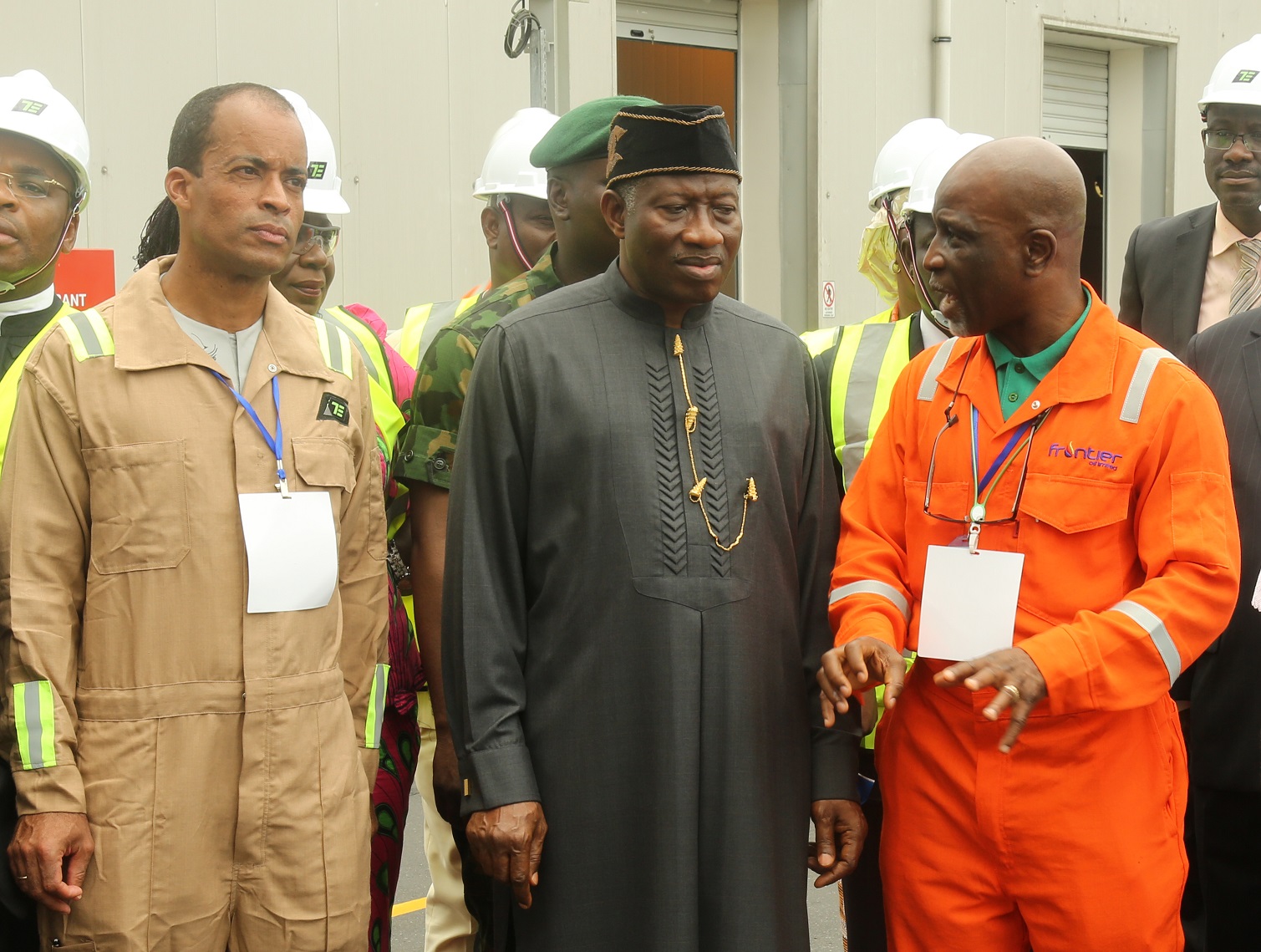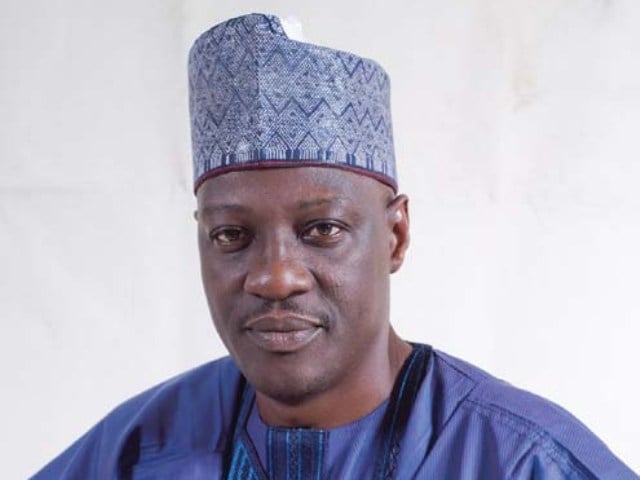With a population of 174 million and an ever-increasing economic index, Nigeria is – without any shred of doubt – the economic capital of the African continent.
This status has also been affirmed by the recent rebasing of the Nigerian economy, which saw it become the largest in Africa, overtaking South Africa. Prior to that, Goldman Sachs predicted that the Nigerian economy was on track to becoming one of the 20 largest economies in the world by 2020.
It looks like a matter for the macro-economists but, with time, it is becoming clearer that all these postulations are not only achievable but also inevitable. A closer look at the Nigerian polity shows a combination of activities that make us hopeful for a much better tomorrow – strengthened democratic culture, increased FDIs, improved power situation and now, the Uquo gas plant which was commissioned two weeks ago by President Goodluck Jonathan.
The place of energy creation in achieving economic growth cannot be overemphasized, and that is the reason the gas facility is a clear pointer of the developmental outlook of Nigeria. The icing on the cake as it relates to the gas project is that it is construed, built and run by Nigerians.
Advertisement
Despite the financial and technical challenges associated with gas development, it is cheering news that indigenous companies are rising to the challenge, giving credence to the popular maxim that “we only can solve our problems”. That singular project is a Nigerian answer to four of the federal government’s policies on local content, power transformation, gas development, and gas flaring.
Nigeria, with 182 Tcf, has the largest proven gas reserves in Africa, but largely untapped due to regulatory, infrastructural and financial constraints. This has created room for heavy reliance on expensive imported petroleum products, at a cost of $17.5 billion for power generation alone. With key power sector reforms now in place designed to incentivize investment in power generation capacity from the existing 4000 megawatts to 6 GW by 2020, demand for gas is expected to grow from 1.8Bcfpd in 2012 to 7.2 Bcfpd in 2025, equivalent to 11.3% p.a.
The Uquo Gas Project and Gas Processing facility is one of the biggest projects of its kind undertaken by independent indigenous partners in sub-Saharan Africa. The Uquo marginal field, first awarded to Frontier Oil as part of the federal government’s Marginal Field programme in 2003, has been successfully developed by a joint venture between two indigenous oil and gas companies, Frontier Oil and Seven Energy.
Advertisement
The result of that collaboration is this world-class gas plant and a brand new Domestic Gas value chain, which has opened up the southeastern region of the Niger Delta for major industrial and commercial development, starting with power generation. Frontier Oil is the operator of the field, while Seven Energy provides technical services and 100 per cent of the funding.
In December 2012, the first gas output from this facility was produced for testing and commissioning purposes. Initial gas production has been dedicated to supply the Ibom Power Station via a 62km 18-inch pipeline from Uquo to Ikot Abasi. The next customers will be the Calabar N.I.P.P Power Station, which will be supplied through a 37km 24-inch pipeline from Uquo to Oron.
Indeed, these are exciting times for energy development in Nigeria as the birth of this facility will, in no small way, boost power supply in the country with up to 750 megawatts or 10 per cent of the current capability.
It is no wonder President Goodluck Jonathan did the honour himself by commissioning the facility in Esit Eket, Akwa Ibom. The facility is expected to encourage indigenous participation in oil and gas development in Nigeria and provide a fresh impetus for energy development and industrial growth in Nigeria.
Advertisement






